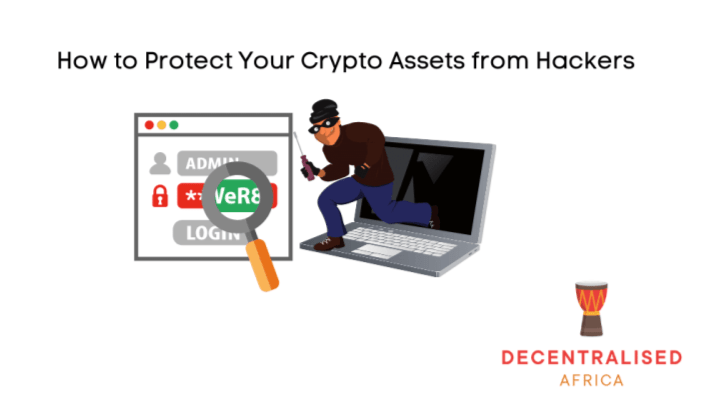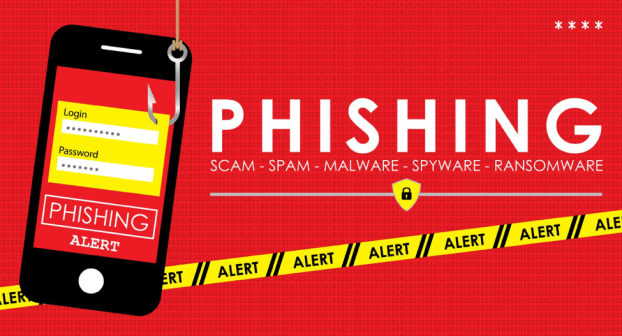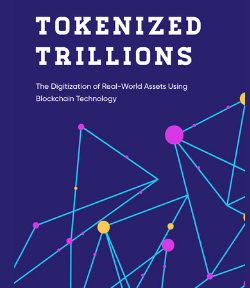
How to protect your crypto assets from hackers
Tips on how to protect yourself from cryptocurrency hacks.
In what is regarded as the most famous and biggest hack in bitcoin history, about 850,000 BTC ($460 Million at the time) was stolen from the Mt.Gox exchange in 2014.
Also in 2020, about $3.8 billion worth of crypto was stolen in more than 120 hack attempts by cybercriminals.
Two things give crypto traders nightmares in the crypto world.
- The volatility of the crypto asset prices.
- The fear of losing crypto assets to hackers.
So, when you buy Bitcoin or other cryptocurrencies, these two fears come into play.
The crypto world has witnessed tremendous growth and traction. Bitcoin is the 8th largest asset on earth at the time of this writing. With over a trillion US dollar market cap. Bitcoin’s performance has drawn the attention of entrepreneurs such as Elon Musk, and corporations like Google, and Square. At the same time, crypto owners have also become the targets of hackers and various scam peddlers. Crypto hacks are on the rise.
Nowadays, when you purchase BTC or any crypto assets, the question is not whether you can be hacked, but when and how to prevent this from happening?

Ways You Can Protect Your Crypto Assets from Hackers
Use a strong & unpredictable password for your various accounts
This is the first and most important step to protecting not only your crypto assets but your online real estate or digital assets in general. Having a strong password for your email accounts is also key since you’ll most likely need to provide your email address in order to open a crypto wallet account with a crypto exchange.
Most people are susceptible to hacking because of the kinds of passwords they use. Using either your name or date of birth could easily compromise your accounts since these are typically what hackers try to use to crack your accounts open, especially if they have your identification information. So when you are about to create a password, try to create a strong one. A password that will not have anything to do with you or the things you like or easily associated with.
There are different types of password manager software applications you can utilize to help generate strong passwords that would be impossible for hackers to guess. These password managers help you protect your passwords with strong encryption.
Ensure the password manager you’ll be using is trusted and reliable. This doesn’t mean you are completely hacker proof. It’s simply one layer of protection. In case you do not want to use password manager software, then create a very strong and unpredictable one yourself.
This password should be more than eight characters long. It would be best if you mixed it with uppercase, lowercase, and special characters.
Activate 2FA on your crypto accounts
After creating a strong and unpredictable password, the next step is to enable your account’s two-factor authentication (2FA). Most crypto platforms support 2FA, which is usually either SMS and Google Authentication. It would be best if you used Google authenticator rather than SMS. This is to avoid SIM swapping hacks.
SIM swap involves a hacker disguising themselves as your service provider to gain access or take over your phone number. When this happens your phone number will be stolen and used to intercept your 2FA code. And once the criminals gained control of your phone number, it could be used to access your crypto assets.
One such famous SIM Swap hack involved a crypto investor Micheal Terpin who lost tokens worth over $20 million. Another recent example is Jack Dorsey, the founder of Twitter, who was hacked on his platform via the same means.
In order to ensure you don’t leave yourself susceptible to SIM Swap hacks, you want to avoid using a phone number as your SMS 2FA. Using Google Authenticator or Authy instead, to protect your crypto assets, is much better.
Disable password auto-refill
How many times have you wanted to input your login detail, and your device suggests an autofill? Yes, it happens a lot. Admittedly, it saves you time and stress from manually entering your login details. However, hackers can take advantage of it to access your account.
Most crypto exchanges, whether P2P (peer-to-peer) or just regular centralised exchanges, allow you to use the autofill function. This means when a hacker gets hold of your device, laptop, or phone, they’d be able to easily access your Gmail or crypto assets account with the autofill feature.
The best way to protect yourself from this type of attack is to disable this function on the devices you use to log into your crypto exchange accounts. Yes, it means that you have to input your login details each time you log into your account, but then you know you are not susceptible to being hacked through this method. It’s always better to be safe than sorry.
Keep your crypto portfolio confidential
Avoid being overzealous and reckless. No one needs to know what types of coins or the crypto value you have in your portfolio. Don’t blow your trumpet publicly on social media. This could lead to you being a potential target for hackers.
The fact that you have implemented all the tips and methods above doesn’t guarantee 100% that your crypto assets will always be safe. You could still be hacked by any brute force hacker.
People become their undoing by making anything and everything public, including the amount of coins in their crypto portfolios. Anonymity is one of the best ways to stay safe from hacks.
Move your crypto assets to a hardware wallet
Whether you trade on a P2P platform or conventional exchange, you must keep your crypto assets on a hardware wallet. Since hardware wallets do not need an internet connection, they are not hackable.
You do not want to keep huge amounts of assets on a crypto exchange platform. Many have been hacked and some have been compromised. Some have even been insider jobs. This is also why you should buy bitcoin from a reputable and reliable exchange. In South Africa, an easy and secure exchange to buy crypto assets is Remitano P2P.
Another security layer that makes a hardware wallet more preferable is the ability to use different cryptographic keys when making transactions. If one is compromised, the attacker will need the other, which only you have. The only downside of a hardware wallet is that you will need to transfer the portfolio holding to a regular exchange for trading otherwise you can simply swap one type of cryptocurrency for another within that wallet as is the case with Ledger hardware wallets.
Beware of phishing
This is a form of attack where the attacker is disguised as a particular entity or business to collect the targeted user’s information.

Phishing comes in various forms such as Email spooling, Spear phishing, Website redirecting and Cloning, etc. These forms are common and quite effective for the hackers since most people don’t pay attention to detail when doing things online.
Since Phishing is widely done via Email (Email Spoofing), you must be careful of the links you click. Also, you want to ensure you double-check the URL of any crypto site you visit. Bookmarking the authentic ones so that you can directly access those when you revisit the site can be helpful.
Write your wallet recovery Mnemonic on paper and store safely
Mnemonic are phrases generated by crypto wallets for their users. They are popularly known as seed phrases.
The assumption here is that all digital devices could be compromised, especially when connected to the internet. It is always best practice to write your Mnemonic on paper and store it in a safe place since papers can’t be hacked online.
Find out the best and safest bitcoin wallets to store your bitcoin.







